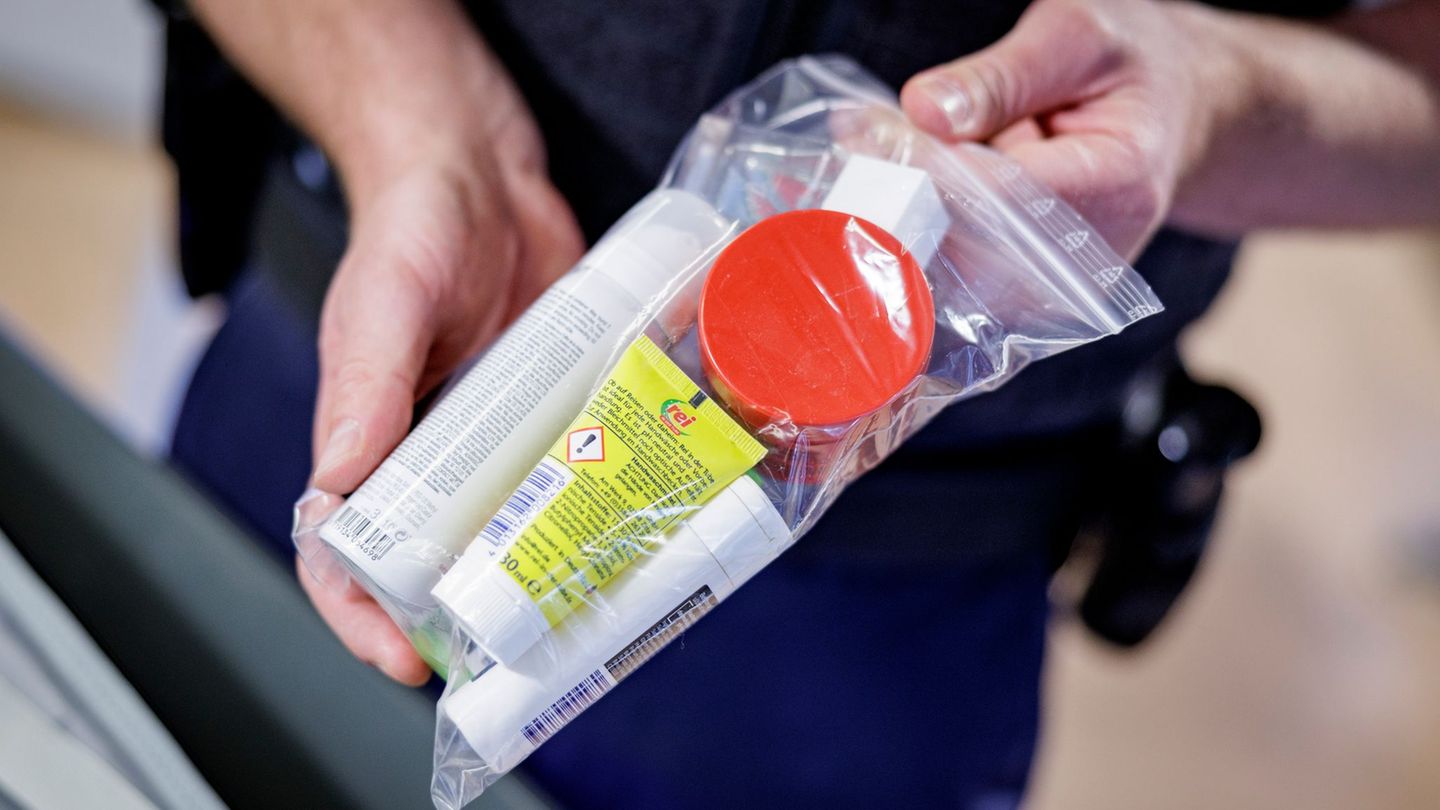Almost half of young people in Austria do not feel well prepared for their future. The reason for this: a lack of “life skills”, i.e. practical skills that are necessary for an independent life. This also includes economic knowledge, such as knowing how to pay taxes or take out insurance. Among AHS students, the proportion who feel unprepared is particularly high at 75 percent.
This is the result of a study carried out by the organization Youth Empowerment and Participation (YEP) on behalf of the Foundation for Economic Education. More than 1,100 students aged 13 to 19 were interviewed.
“I can only confirm that,” says Susanna Öllinger, federal school spokeswoman and AHS state school spokeswoman. “We do have geography and economics, but economics is often treated a bit like a stepchild.” Economics includes teaching “very basic things, such as how to conclude a rental agreement or manage a salary,” says the student at the Europagymnasium Perg. “Vocational students, for example, start an apprenticeship at 15 and earn their own money, but nobody taught many of them how to deal with it.” There are offers such as the entrepreneurial and financial driver’s license, but participation is voluntary.
Öllinger would consider economics to be a separate subject, as would Georg Hans Neuweg, head of the Institute for Business and Vocational Education at the Johannes Kepler University Linz (JKU). However, the problem sometimes goes much further, he says: “The basic skills are simply missing.” According to the 2018 PISA study, 24 percent of young people after compulsory school are at risk in reading and writing, and 21 percent in mathematics. “If a 15-year-old can’t read properly, they’re going to fail to understand an insurance contract.”
“Economic Illiterate”
Incidentally, it is not certain what the actual situation is with economic education in Austria’s schools: Austria has never taken part in the additional module on financial education in the PISA study. This will be the case for the first time this year, but the data will not be available until 2023. However, there are smaller studies, for example from the Vienna University of Economics and Business, which have produced less than encouraging results. “Personal liquidity management works to some extent,” says Neuweg. “However, there are shortcomings when it comes to dealing with financial services, such as taking out insurance, making pension provisions, knowledge of forms of saving apart from the savings book and building loan contract.”
The result of “economic illiteracy,” says Neuweg, leads to a feeling of being logged out, of no longer being able to participate. This triggers a skepticism about the markets that has already reached mainstream society. “The markets, to which we still owe our prosperity, are closely linked to democracy. And it thrives on people participating in it,” says Neuweg. “If they start withdrawing from democracy because of a lack of understanding, that’s a big problem.”
Source: Nachrichten




